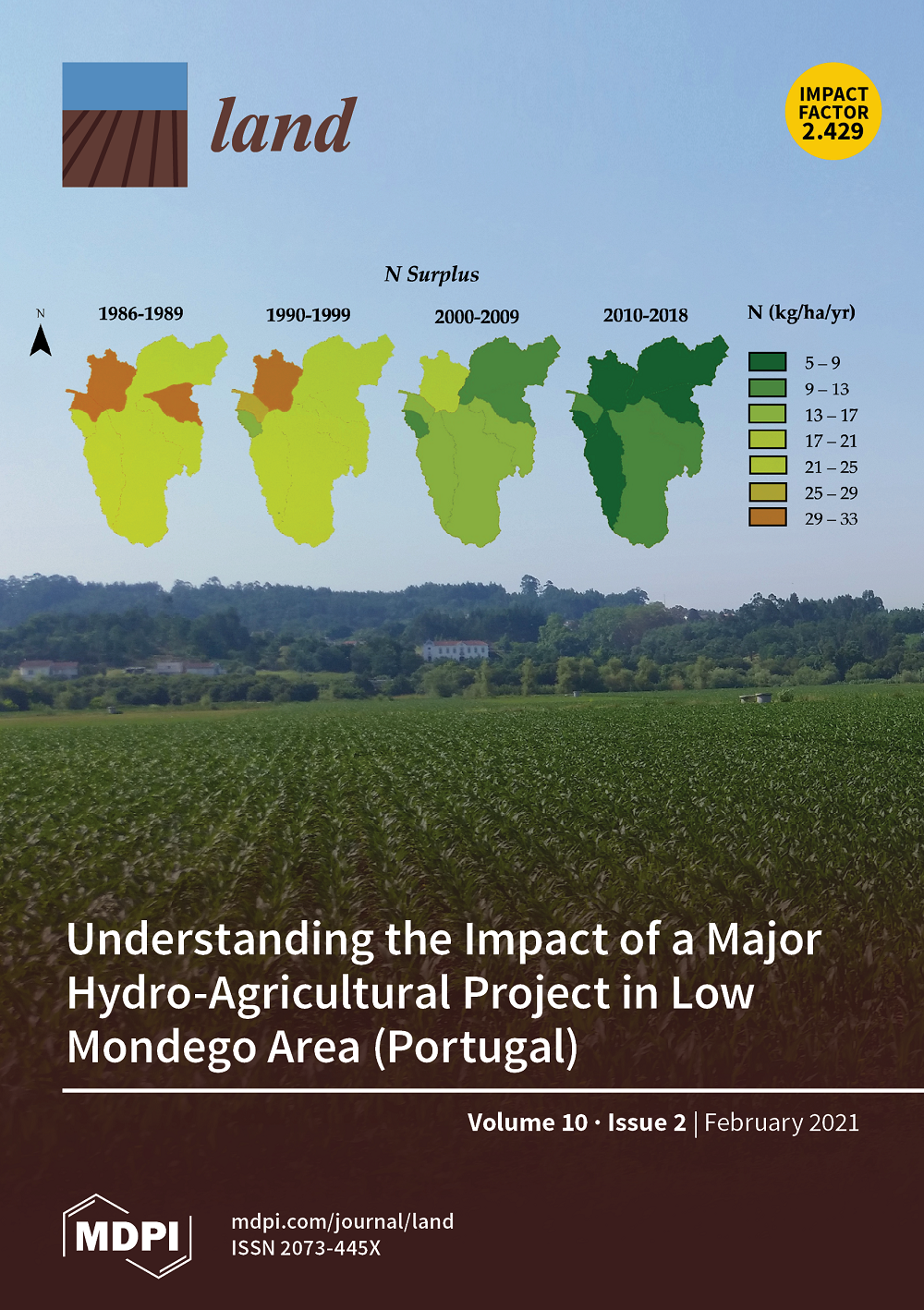Mapping Land Suitability to Guide Landscape Restoration in the Amazon
Abstract
Beyond reducing deforestation, the control of forest degradation, the promotion of forest restoration, and the improvement of agricultural practices in the Brazilian Amazon are becoming increasingly important for sustainable development. To enable farmers and authorities to organize their landscapes and optimize both agricultural practices and the provision of ecosystem services, mapping land suitability is essential, but it is lacking in the region. In this paper, we present a method for mapping land suitability at a fine scale (30-m pixels), adapted to the needs of farmers and municipalities, to not only optimize agricultural production but also the ecosystem services provided by forests. We used topographic data from the Brazilian municipality of Paragominas to produce four maps, one each of soil texture, slope, floodplains, and hydrography, that we then combined into a single land suitability map. This map has been incorporated into a spatial database, which also contains information on land use, remoteness, and land tenure. We performed spatial analyses to measure the process of land use change, and to define indicators that enable local stakeholders to organize landscape restoration. We highlight an organic link between agricultural intensification and forest restoration, and provide a spatial tool for landscape design, assessment, and monitoring.

